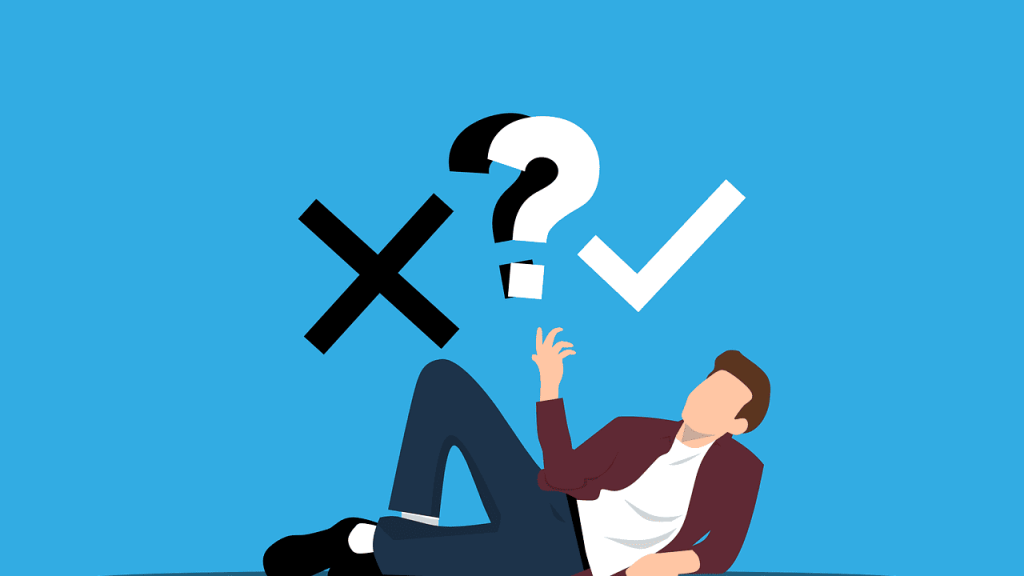The question of whether an incarcerated person can have an EBT (Electronic Benefit Transfer) card is a tricky one, with a lot of rules involved. EBT cards are how people receive food assistance benefits, like those from the SNAP (Supplemental Nutrition Assistance Program) program. SNAP helps low-income individuals and families buy food. But when someone is in jail or prison, things get complicated. This essay will explore the rules and exceptions around incarcerated individuals and EBT, helping you understand the different factors at play.
The Basic Rule: Generally, No
The main question is simple: Generally, a person who is incarcerated for more than 30 days is not eligible to receive SNAP benefits. The reason for this is that the government provides for the basic needs, including food, of people in correctional facilities. SNAP is designed to help people who are struggling to afford food on their own, and the government takes over that responsibility while a person is in prison or jail.

Exceptions to the Rule: Limited Situations
There are some specific situations where an incarcerated person might still be able to receive SNAP benefits. These exceptions are usually quite narrow. It’s important to remember that the rules can vary a bit depending on the state, so the exact details could be different based on where the person lives.
One possible exception involves people who are temporarily incarcerated. This could include:
- Someone held in jail for a very short period, perhaps awaiting a court appearance or a transfer.
- Individuals in a halfway house or similar transitional facility, where they are not considered fully incarcerated.
- If a person is released from incarceration before the next benefit cycle begins, they could still receive that benefit.
Another exception might be for specific populations. Consider the example of a person being held pre-trial:
- They haven’t been convicted of a crime.
- They are not in prison.
- They are waiting for court.
- The government is not responsible for their food.
These are all factors the SNAP program takes into account.
Unauthorized Use: What Happens If Benefits Are Used Incorrectly?
If someone tries to use SNAP benefits while they are incarcerated and not allowed to, there can be consequences. SNAP benefits are meant for specific people and uses, and misusing them is a serious offense. The penalties can be severe and may include fines, loss of benefits, or even legal charges.
Here’s a quick look at some possible actions:
| Type of Misuse | Possible Consequence |
|---|---|
| Using someone else’s EBT card without permission | Loss of benefits, legal charges |
| Selling EBT benefits for cash | Loss of benefits, fines |
| Using benefits when incarcerated | Loss of benefits, potential investigation |
It’s extremely important to follow all the rules about EBT use.
How Benefit Eligibility is Determined
Figuring out who’s eligible for SNAP, and therefore an EBT card, involves a few different steps. First, there are income requirements. Someone’s earnings have to fall below a certain level, which is different based on how big their family is. Also, there are rules about the kinds of assets people can have. Things like bank accounts or property are considered.
Then, there’s the matter of their living situation. Are they living alone, with family, or in a shared housing situation? This information helps determine how much assistance they need. Then, there’s the question of their legal status.
Here are the questions that determine if a person is eligible for SNAP benefits:
- What is the person’s income?
- Does the person have any assets?
- Where does the person live?
- What is the person’s legal status?
Finally, there’s the question of the incarceration rule.
The Role of the EBT Card
The EBT card itself is like a debit card. It’s loaded with SNAP benefits each month, and cardholders use it to buy food at authorized stores. They swipe the card at the checkout, and the money is deducted from their SNAP account. The use of the EBT card is highly regulated to prevent fraud and ensure that the benefits are used correctly.
There are also strict rules about what can be purchased with an EBT card. Generally, you can buy food items, like:
- Fruits and vegetables
- Meat, poultry, and fish
- Dairy products
- Breads and cereals
However, some things are not allowed, such as alcohol, tobacco, and prepared foods that are ready to eat. This is why it is important to know the rules!
In conclusion, while the general rule is that incarcerated individuals are not eligible for SNAP benefits and therefore cannot have an EBT card, there are a few exceptions. It’s important to understand these rules to make sure that benefits are used correctly and to avoid any problems. If someone is unsure about their eligibility, they should contact their local SNAP office to ask about the rules and regulations.